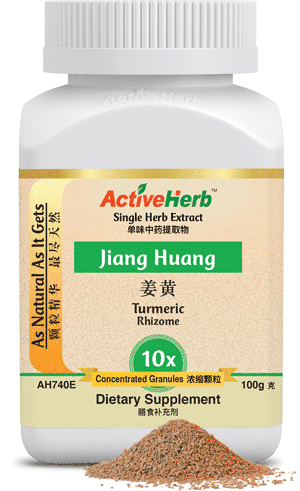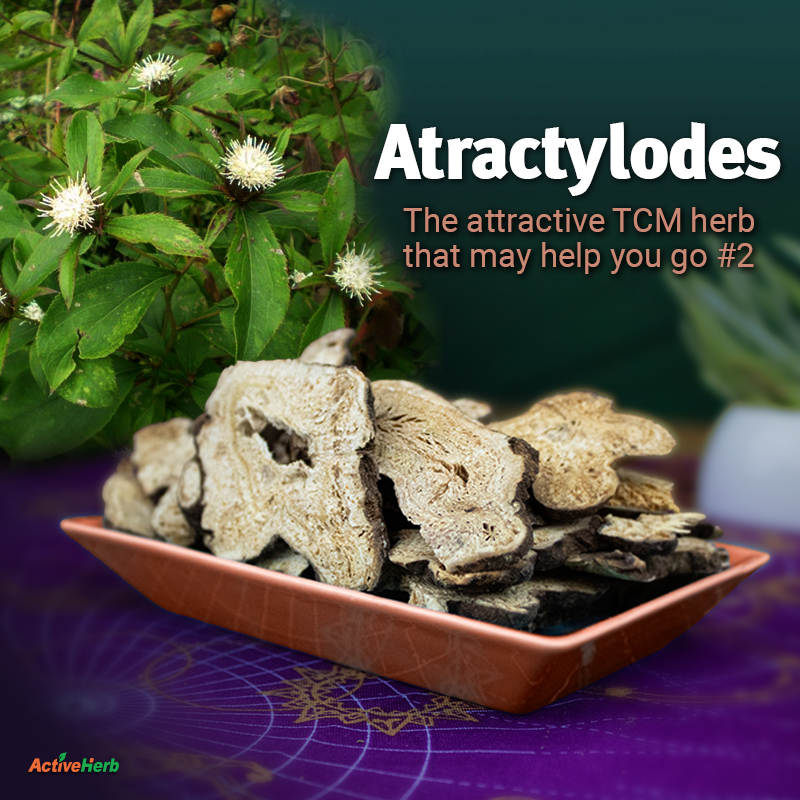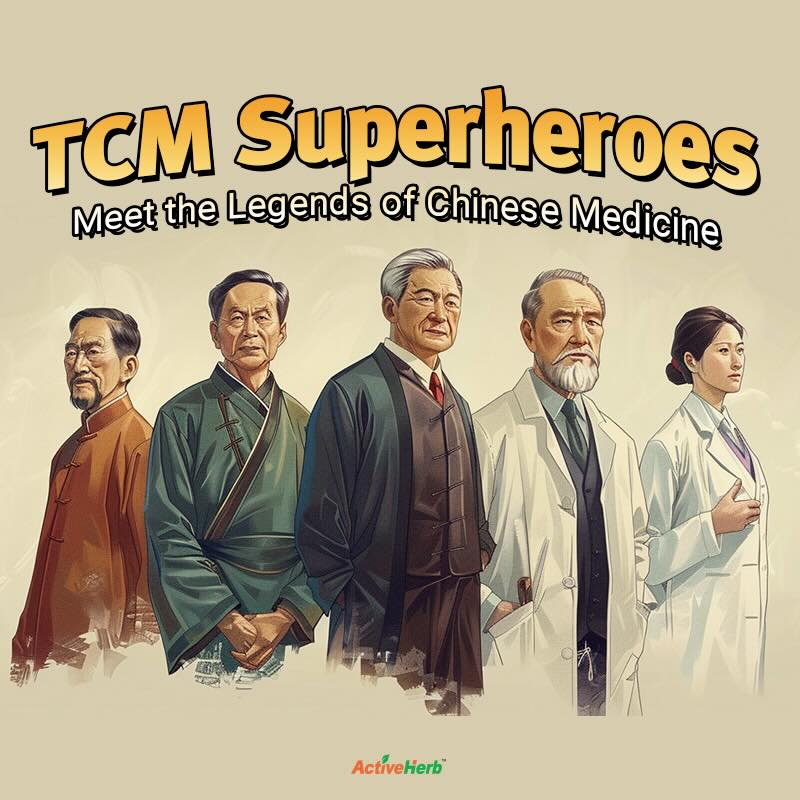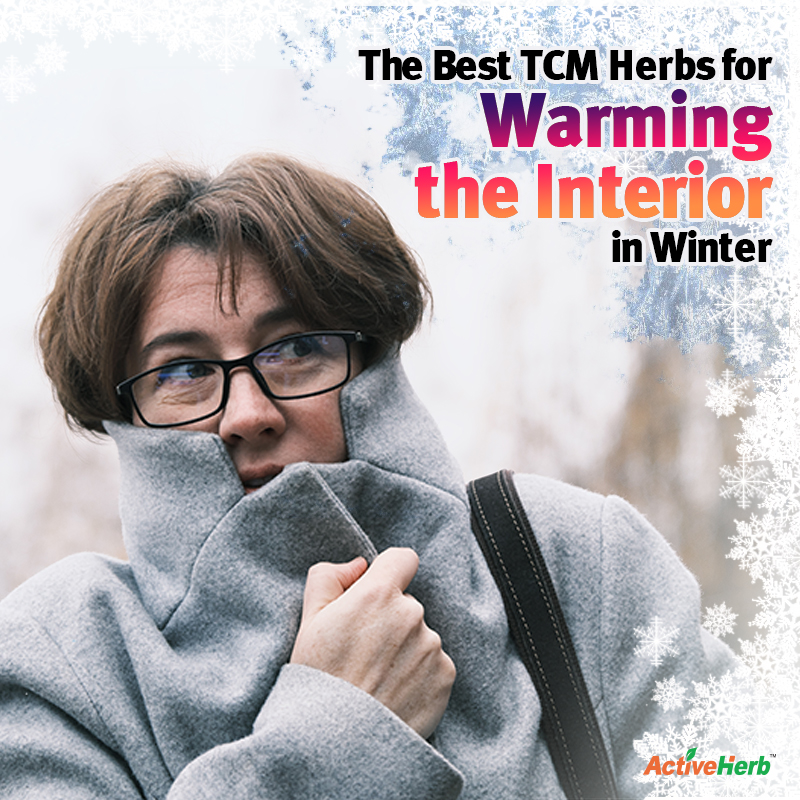Turmeric Uses In TCM: Beyond The Spice
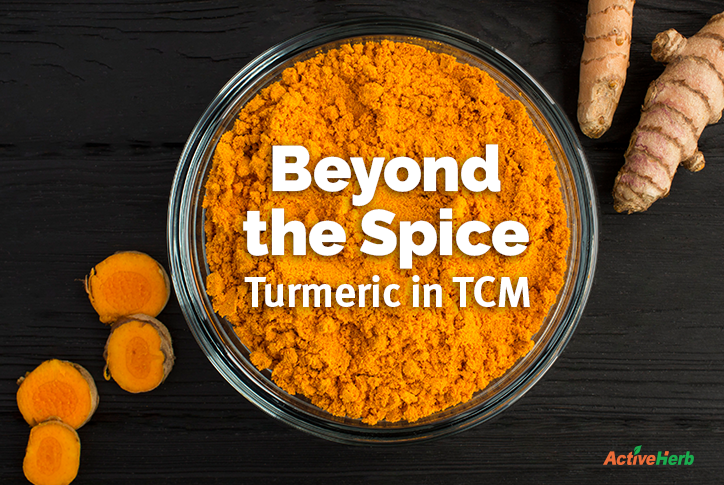
When you think of turmeric, what comes to mind?
Most people think of it in culinary applications, as the perfect spice for chicken tikka masala or a delectable Moroccan tagine.
For centuries, the earthy, bitter flavor of turmeric has been a staple of dishes in Southeast Asia, the Middle East and northern Africa. But more and more people are using turmeric in the West. And not just for the spice’s ability to tickle the taste buds. Turmeric extract has become a popular health-supporting supplement.
Many people don’t realize that turmeric is a TCM herb. Although it’s not considered one of the 50 fundamental herbs of TCM, turmeric may play a vital role in supporting Yin-Yang balance, the quintessential philosophy of optimal wellness in TCM theory.
So chances are that if you buy herbal extract granules, you’re going to stock up on Ren Shen (ginseng), Huang Qi (astragalus), Bai Zhu (atractylodes), Gui Zhi (cinnamon) and Sheng Jiang (ginger), to name a handful of the most commonly used TCM herbs.
You wouldn’t be blamed if you overlooked Jiang Huang (turmeric).
Turmeric in TCM plays somewhat of an underdog, unheralded role. When there’s approximately 300 herbs Chinese medicine doctors have to choose from, not all of them are going to be dispensed with equal fervor. But turmeric has been used in folk medicine in Southeast Asia for millenia.
And here’s why you should consider it for your health concerns.
What Does Turmeric Do in TCM?
Do you have “50s shoulder”? That’s the unofficial diagnosis in China for someone who is starting to feel their age. If you can’t swing that tennis racket or golf club with the same humph that you used to, you may want to consider getting more turmeric and not just in curry dishes.
That’s because Jiang Huang, the underground plant stem, or rhizome of turmeric, is one of the best herbs in TCM for invigorating the blood and dispelling blood stasis. You can think of turmeric as a traffic cop breaking up a traffic jam caused by a malfunctioning traffic light, confidently and adeptly directing the cars where to go.
By breaking up stagnant blood flow (blood stasis) and moving Qi, turmeric helps both blood and energy move more smoothly though the body’s energy highway (meridians).
For this reason, turmeric is featured in the formula ShoulderEZ.
But it’s not just the upper body that turmeric may support. Because it helps invigorate Blood, turmeric may help support circulation throughout the body, including providing support during the female cycle.
In addition, if your body frequently runs cold, consuming more turmeric may your blood feel a bit warmer. People who tend to run cold beyond the norm either have a Yang deficiency (not enough warming energy) or Yin excess (too much coolness in the body). In these instances, turmeric may help promote homeostasis.
On the flip side, if you’re bothered by hot flashes or night sweats, you may want to pass on the spicy curry and turmeric extract.
Turmeric is also used to support the Liver and Gallbladder organ systems of TCM.
Curcumin/Turmeric In TCM
The active phytochemical in turmeric is curcumin, which is actually what gives turmeric it’s exotic yellowish tint. Curcumin also provides turmeric spice with its earthy, pungent flavor. But researchers believe it’s curcumin that confers the many possible health benefits of turmeric.
Modern research suggests curcumin helps support healthy cells, graceful aging and cognitive function, a normal inflammatory response as well as joint, skin and muscle health.
Conclusion
Turmeric isn’t one of the most popular herbs of TCM. But considering it’s featured in our best-selling Modern Essentials formula, AllTonic — think of it as the multi-vitamin of TCM—turmeric shouldn’t be relegated to your spice rack in the pantry.
Turmeric also belongs in your traditional Chinese medicine cabinet.



